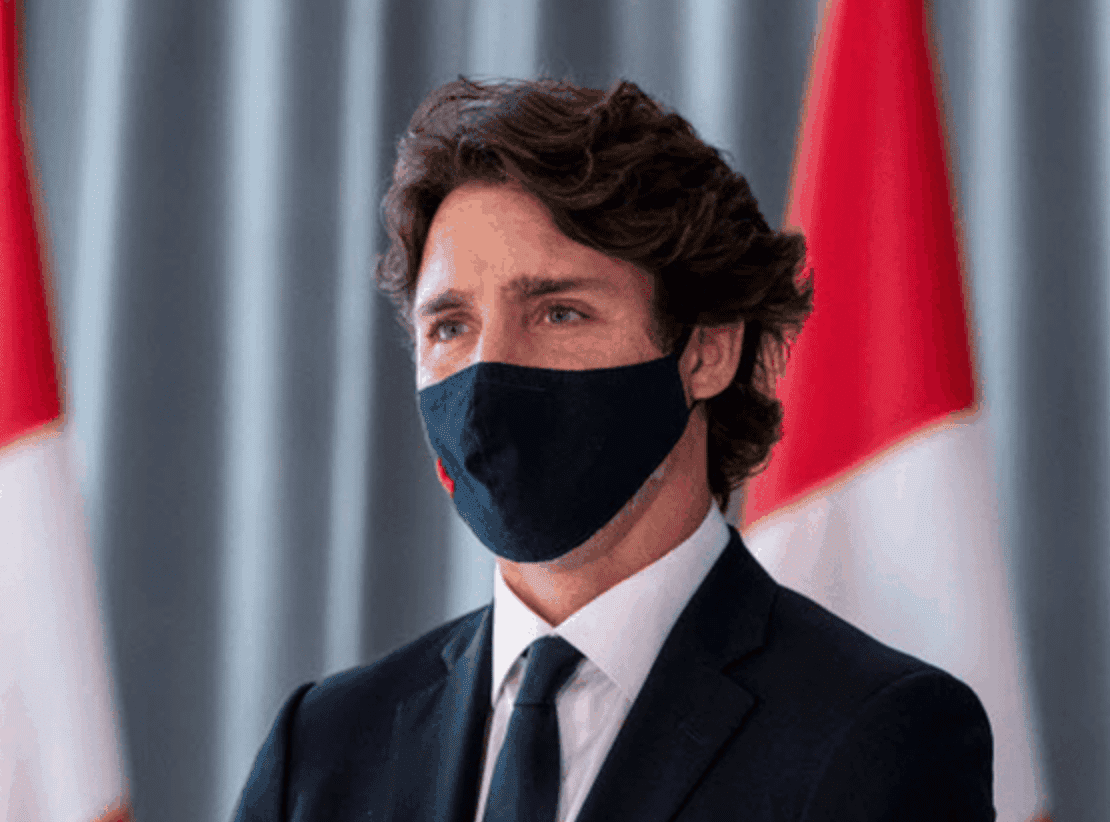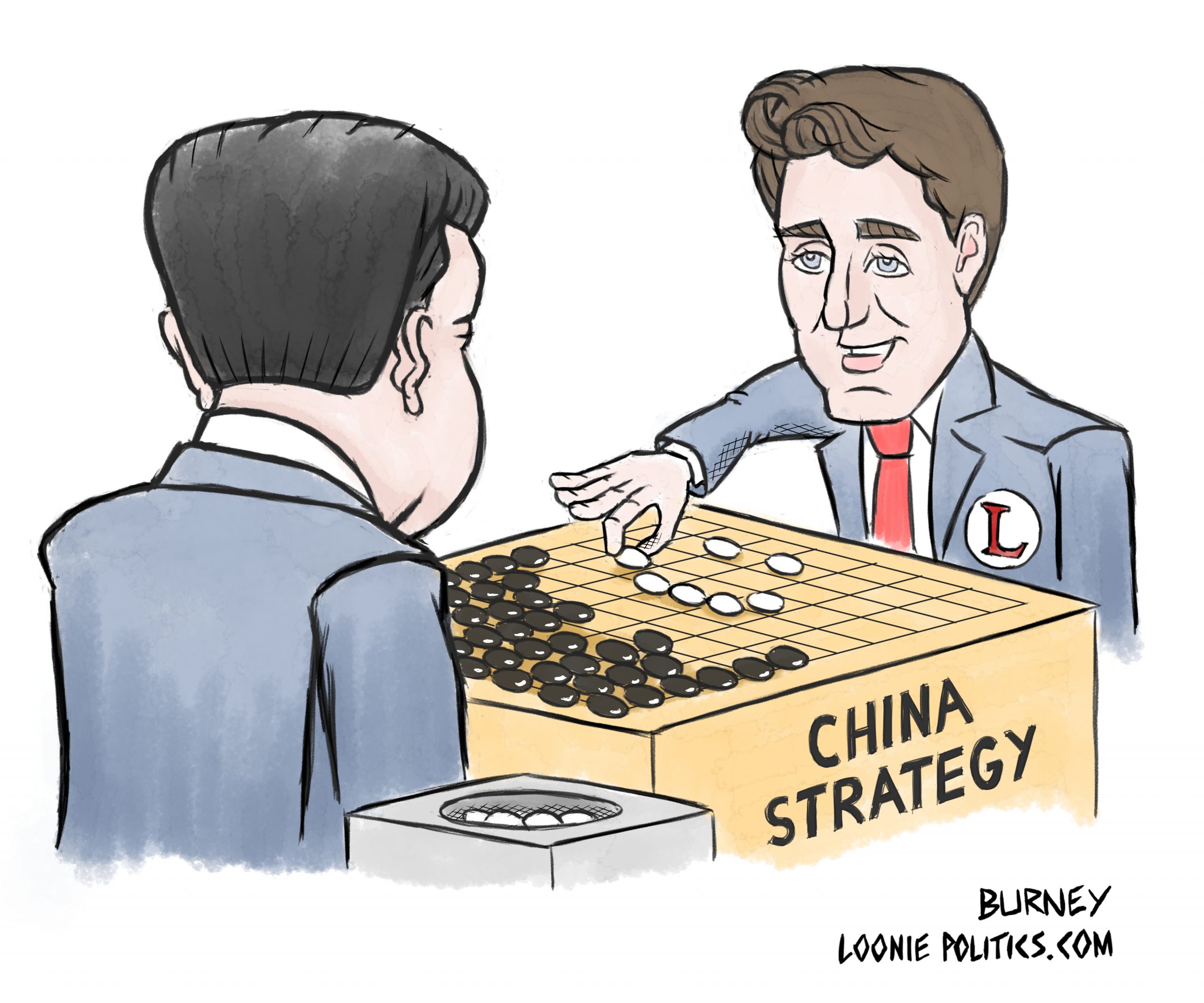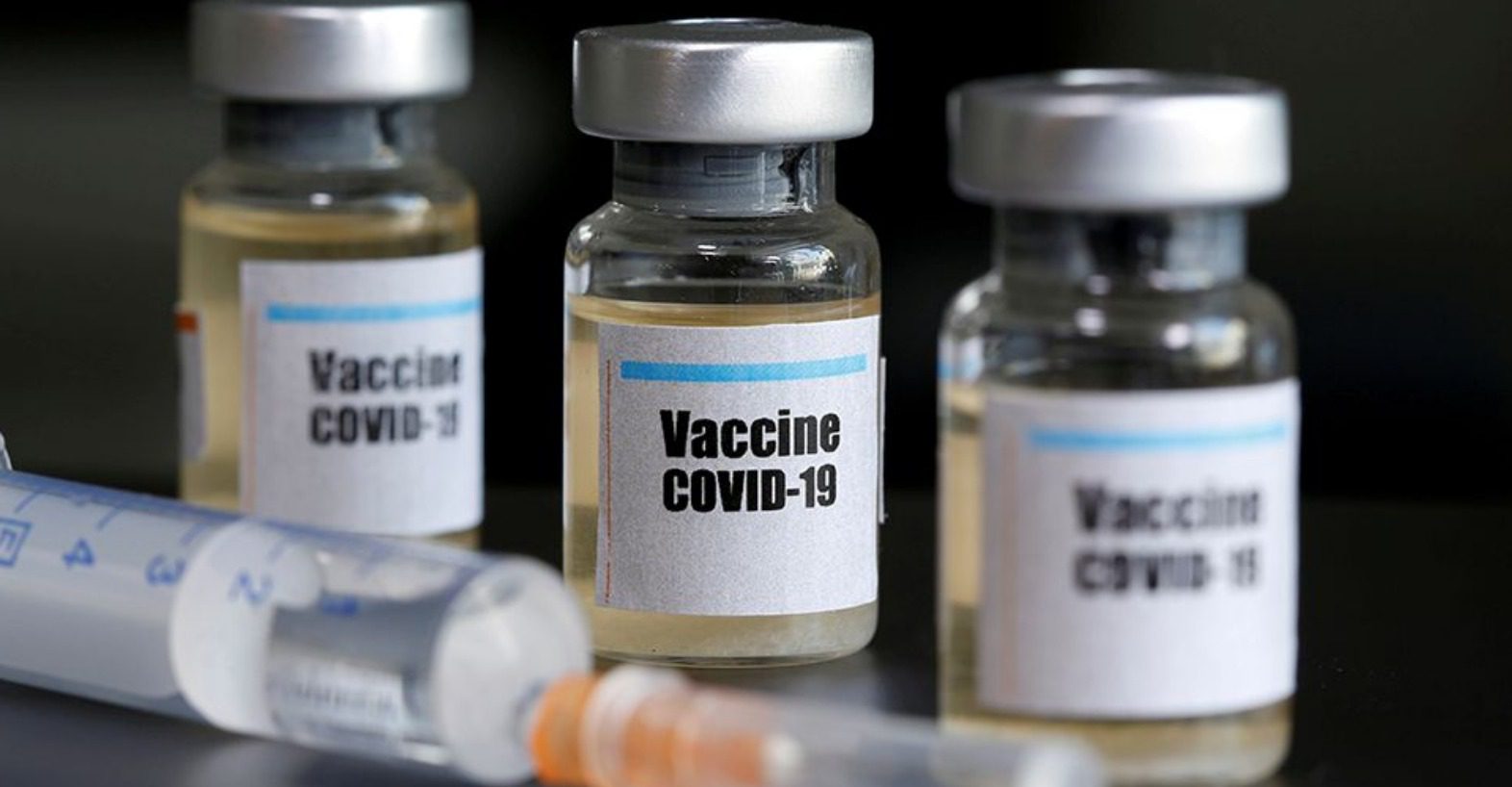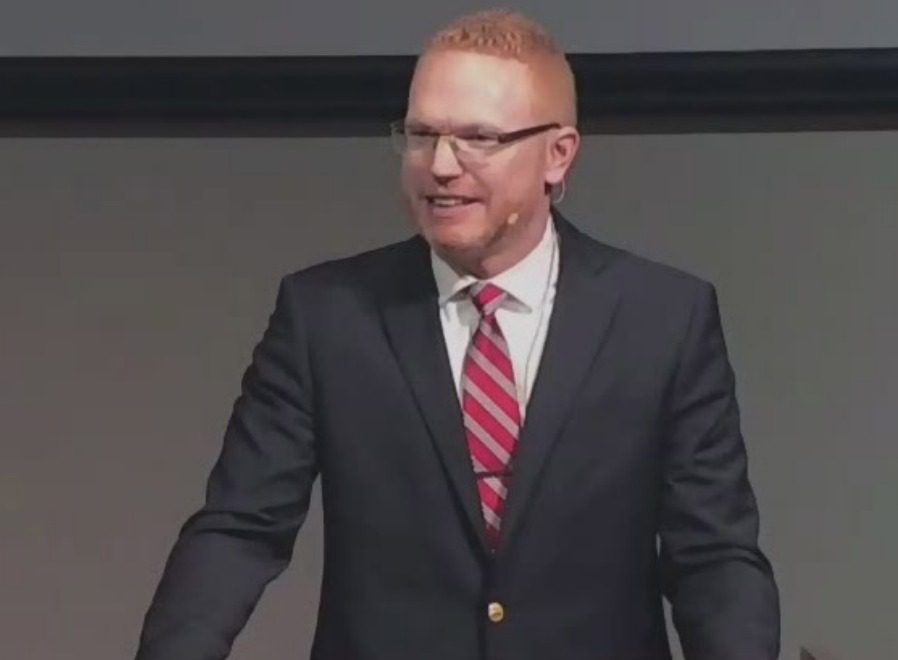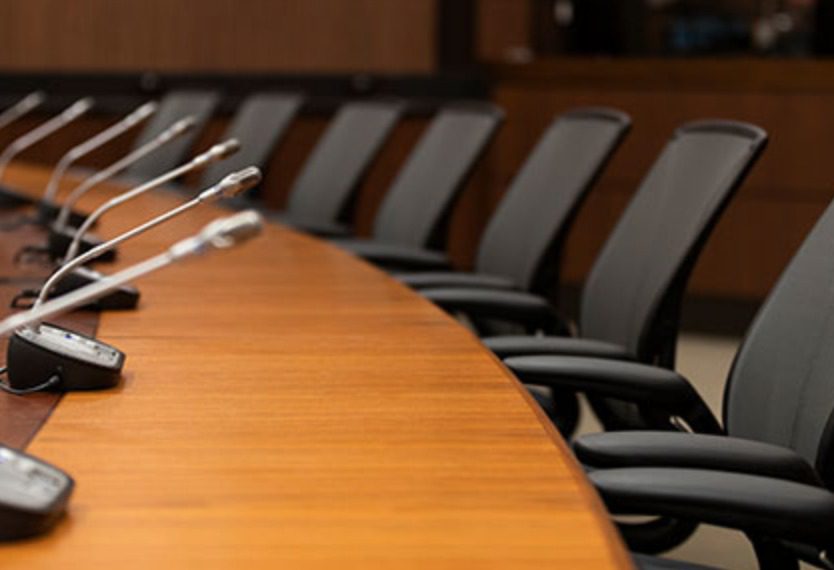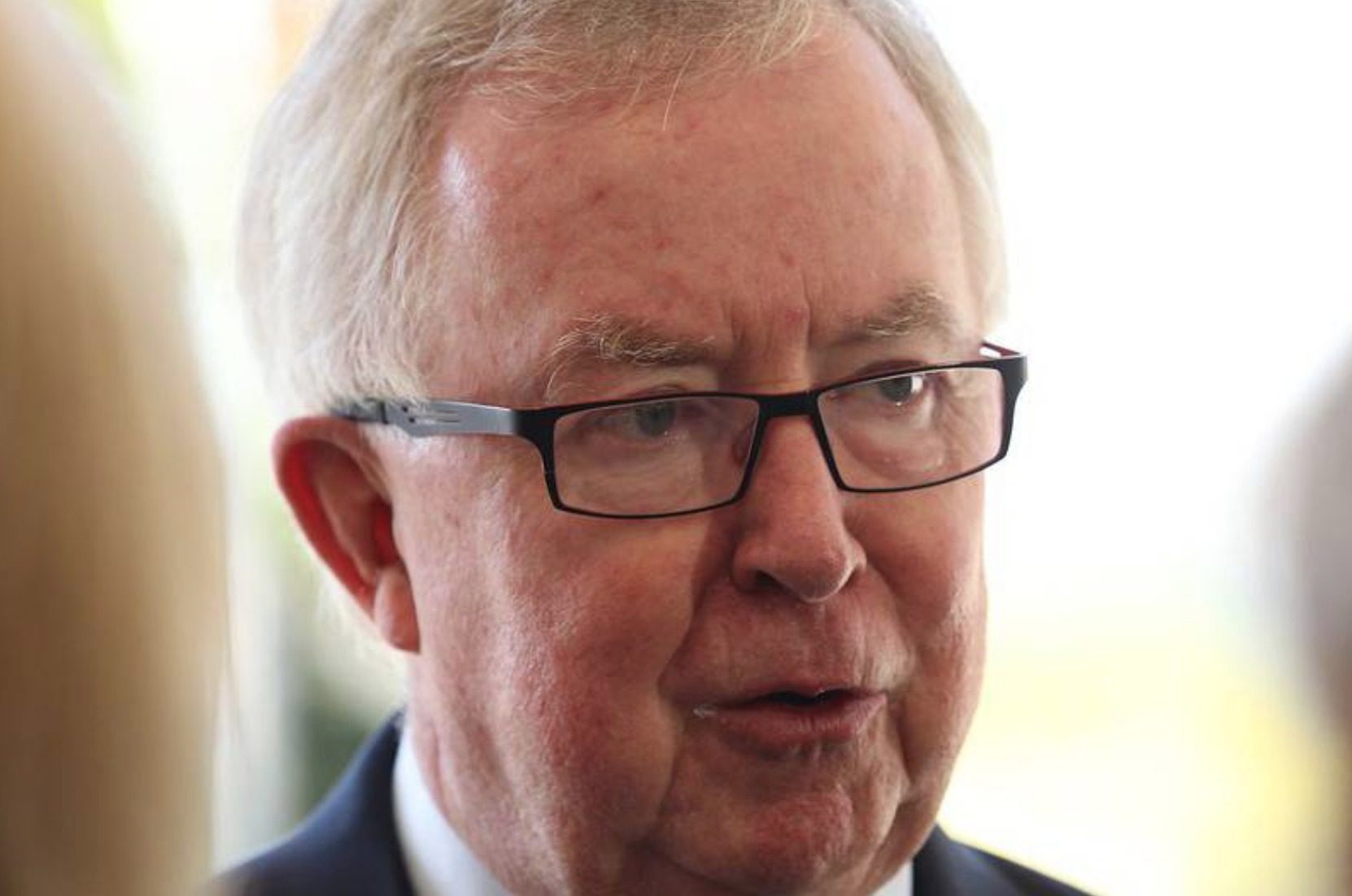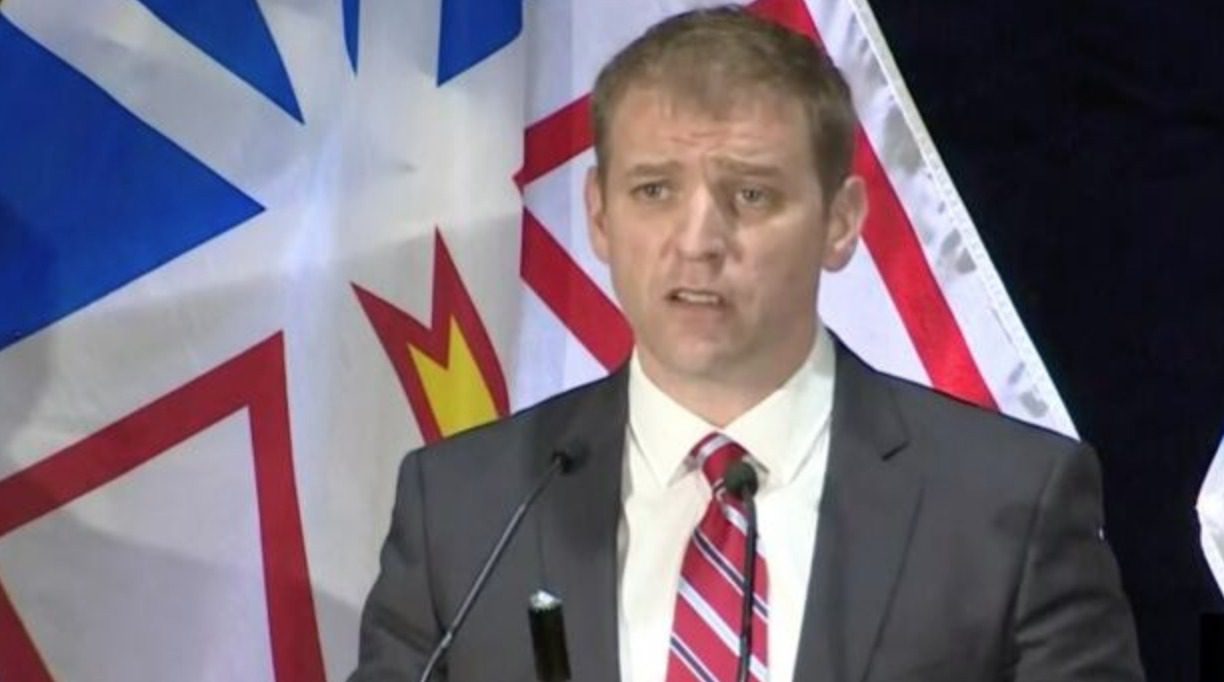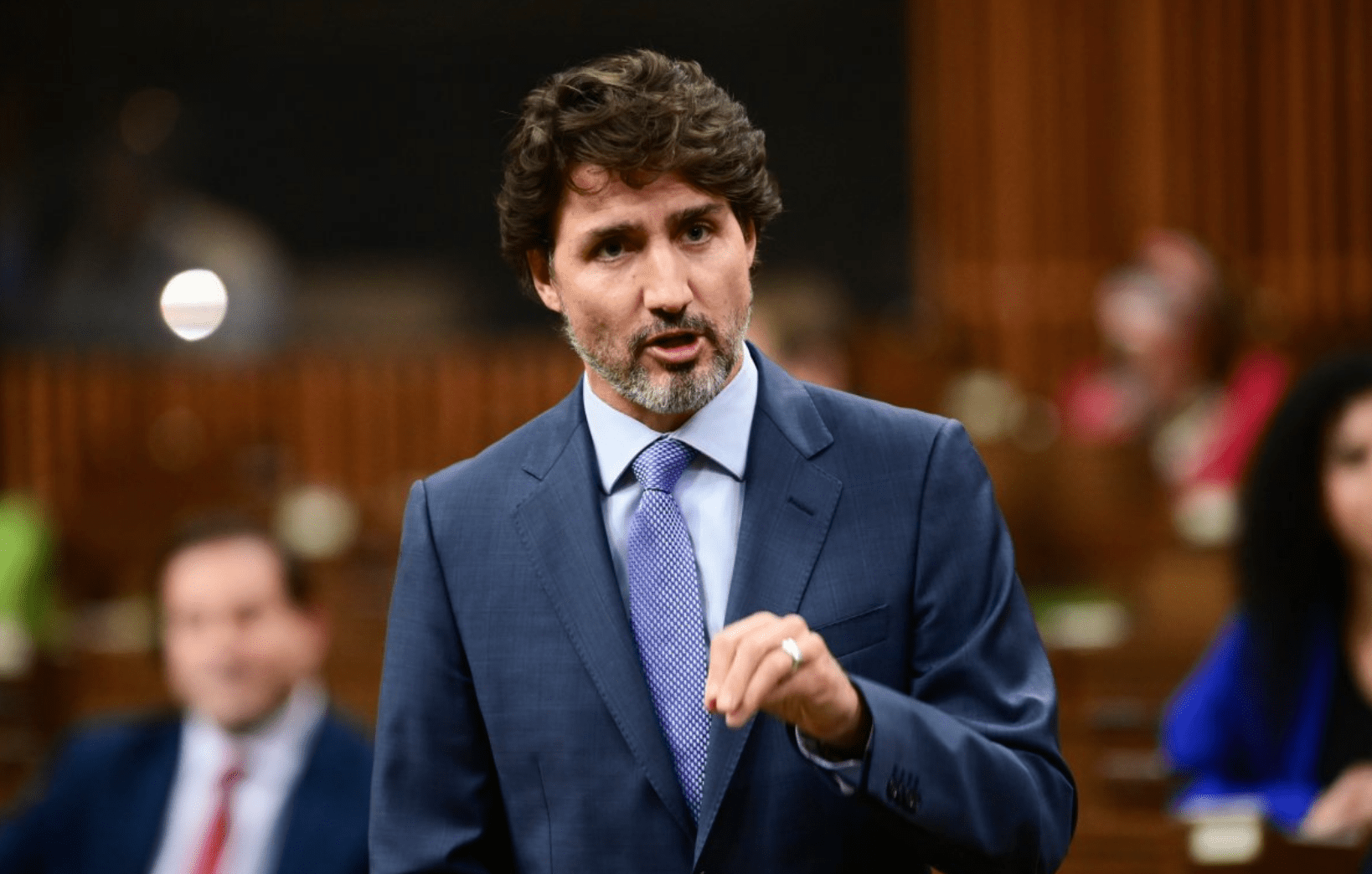More than 70 per cent.
That's the percentage of Israelis, give or take, who have now received a life-saving Covid-19 vaccine.
Ironically enough, 70 per cent also represents the number of Canadians who are angry and, in some cases, really angry at Justin Trudeau's government. They're mad because only about three per cent of us have been vaccinated.
Ipsos released a poll about it on Friday. Said the respected pollsters: "Amid news reports that the UK, US and other non G-7 countries are further along in their vaccination efforts than Canada is, a new Ipsos poll has found that seven in ten (71 per cent) Canadians agree (30 per cent strongly/41 per cent somewhat) that it makes them angry that Canada is falling behind other countries in its vaccination rates."
"Angry." It's pretty hard to win re-election when more than 70 per cent of voters are angry with you, isn't it? It's even harder to win a majority government when seven in ten voters want to punch you in the nose.
So what could Justin Trudeau have done differently? Those other countries Ipsos refers to, above, give us some guidance.
Britain, for example, did a lousy job containing the virus at the start of the pandemic. But then they got their act together, PDQ.
The Brits were the first Western country to start mass-vaccinations back in December. They were able to do so because British drug regulators are lightning-fast unlike the glacial drug approval process we have going had in Canada.
Centralization of decision-making helped, too. In the European Union, drug approvals need to be vetted by representatives of no less than 27 member states. Britain, having exited the E.U., didn't need to do that.
That's not all. The British rapidly set up more than a thousand vaccination centres around the country, and had a process in place to deliver shots in arms well before the vaccines had been approved. Trudeau's Canada simply hasn't done that. Instead, the Liberal Prime Minister still takes petty pot-shots at the provincial governments he needs to deliver vaccines to Canadians.
The Americans got many things wrong, too, at the start. Donald Trump famously declared the virus a "hoax" and, when it became apparent it wasn't, he suggested people should inject themselves with bleach.
But Trump however lousy he was a president actually did better on vaccines than Justin Trudeau. In comparative terms, Trump's Operation Warp Speed was just that: a pretty speedy effort to acquire and deploy vaccines.
Operation Warp Speed delivered millions of vaccine shots before Trump was obliged to hand over the keys to the White House. It was successful because it was a true public-private partnership unlike the situation we have in Canada, where Trudeau's soaring rhetoric has effectively driven out the very pharmaceutical companies capable of developing vaccines.
Operation Warp Speed was created way back in April of last year right around the time that Trudeau was still covering up the fact that our CanSino vaccines deal with China had fallen apart. By moving at, ahem, warp speed, the Americans Donald Trump, no less! did far better than we did.
As of this writing, the Americans have vaccinated nearly 60 million of their people. Some days, they vaccinate more than two million of their citizens. Two million a day! Up here, we haven't been able to vaccinate that many people in more than two months of trying.
We could go on, but you get the point. Countries that were doing a crummy job at the start of the pandemic countries like the U.K. and the U.S. learned from their mistakes.
Justin Trudeau, meanwhile, hasn't. He's preoccupied himself with trying to distract Canadians with gun control measures (which everyone agrees won't work), pious sermons about organized hate (which has exploded on his watch), and huffy denunciations of Julie Payette (who, um, he personally appointed).
Justin Trudeau doesn't want us to think about the vaccine fiasco. But his change-the-channel strategy hasn't worked, and it won't. We're really, really angry with him.
More than 70 per cent of Canadians say so.
[Kinsella was Chief of Staff to a federal Liberal Minister of Health.]
Photo Credit: CBC News



